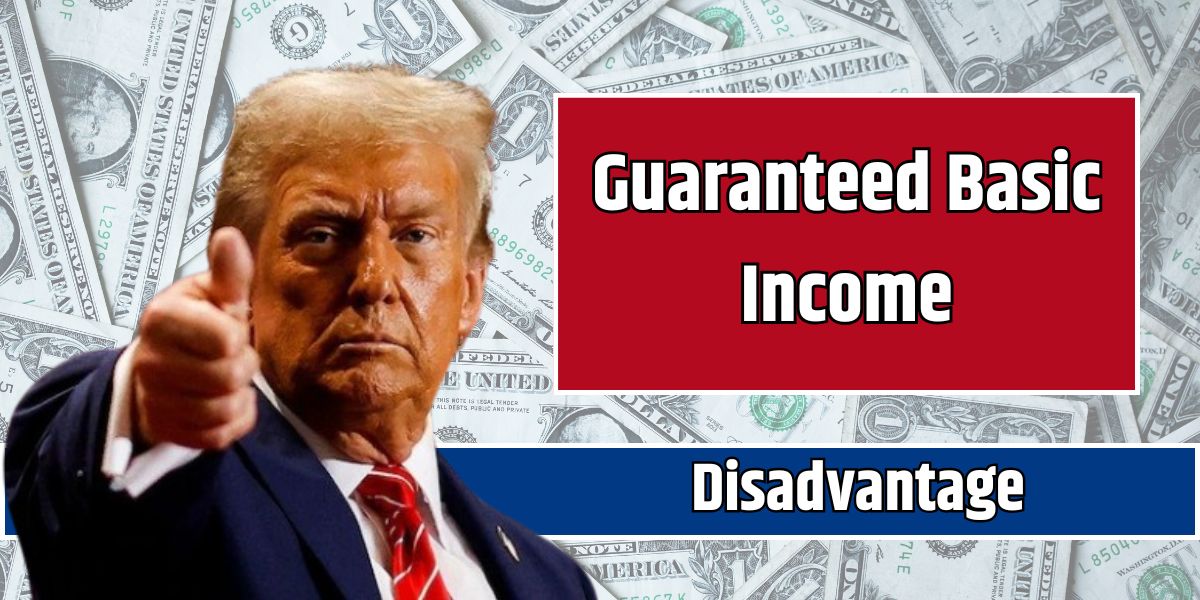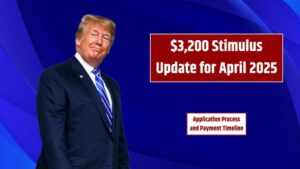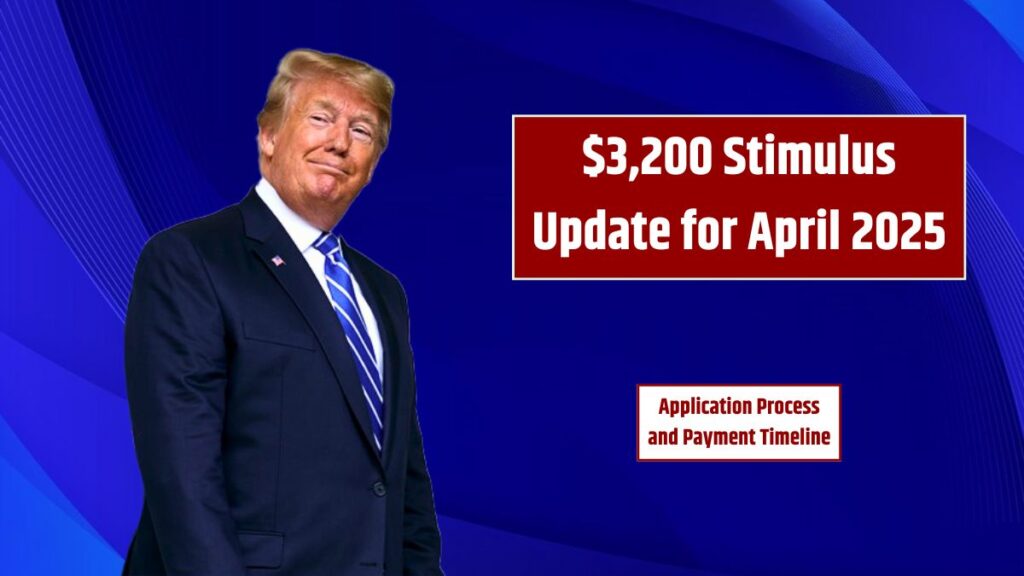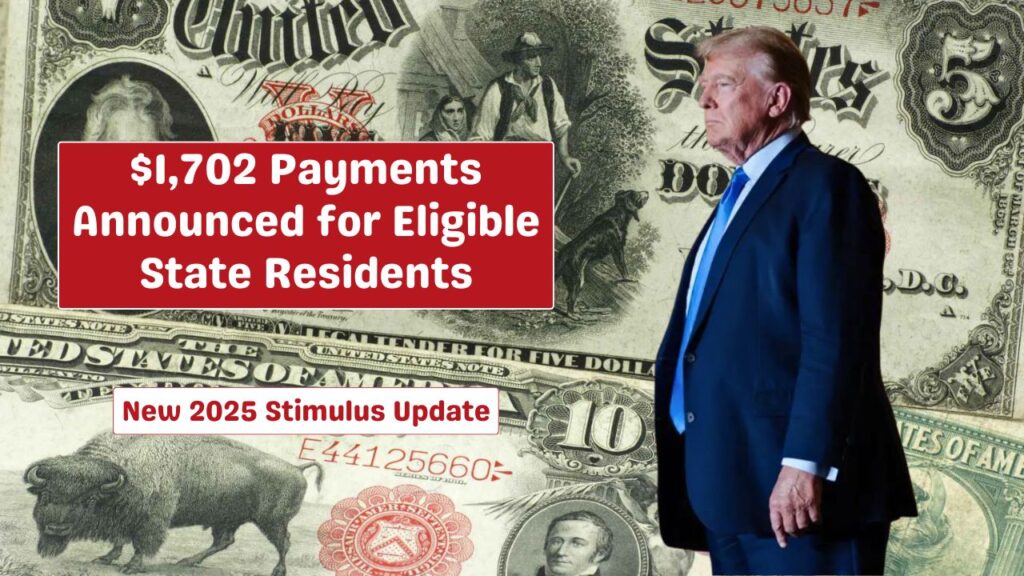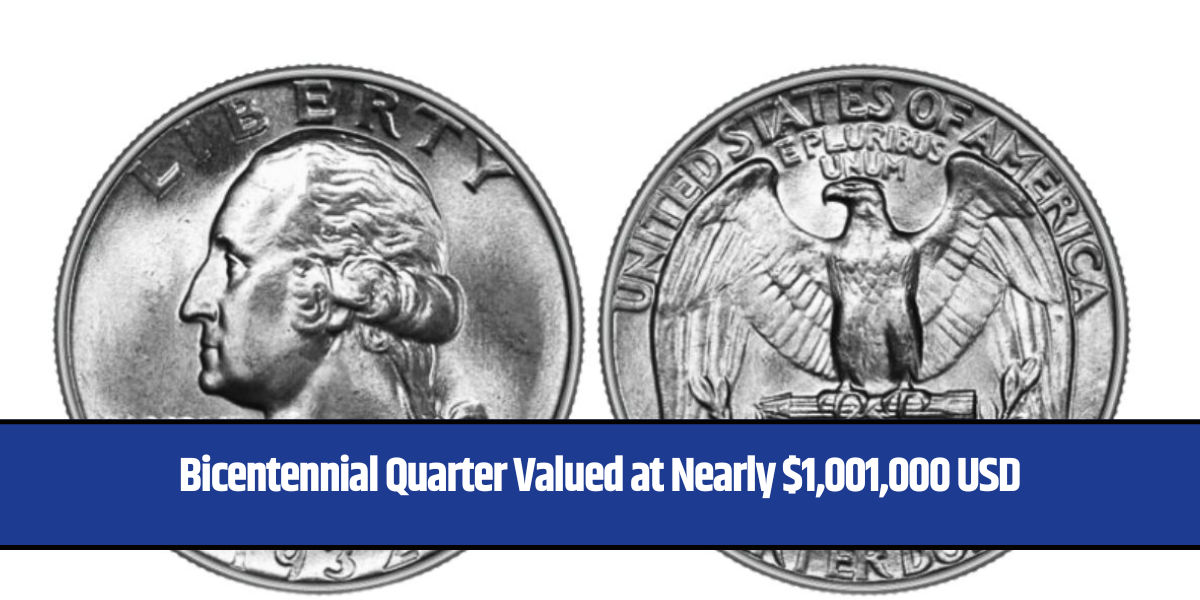The concept of Guaranteed Basic Income (GBI) has gained attention as a potential solution to poverty and income inequality. GBI provides a fixed, unconditional cash payment to individuals regardless of employment status. However, recent research and pilot programs reveal significant challenges to its effectiveness, particularly in promoting employment and financial independence.
How GBI Impacts Employment and Household Income

Key Findings from Studies
A comprehensive study conducted by OpenResearch Unconditional Cash Study (ORUS) involving 3,000 participants in Illinois and Texas provides critical insights into GBI’s effects:
- Reduction in Employment: Recipients were 4–5% less likely to remain employed compared to those not receiving GBI.
- Lower Household Income: Participants’ annual household income dropped by an average of $2,500 compared to the control group, as many reduced their working hours.
- Shift in Priorities: Instead of using additional time for education or skill-building, most recipients engaged in leisure activities, limiting their prospects for economic growth.
Broader Household Effects
The impact of GBI extended beyond individual recipients. Family members also worked fewer hours, further decreasing total household earnings. This trend suggests that unconditional income reduces motivation for work not only for recipients but also for their families, creating a ripple effect of diminished productivity.
Lessons from U.S. Pilot Programs
Madison Pilot Program
The city of Madison, Wisconsin, launched a pilot in 2022 providing $500 monthly payments to 155 households for one year. Findings mirrored those of the ORUS study:
- Reduced Working Hours: Participants worked fewer hours by the end of the program.
- Limited Skill Development: Few recipients pursued education or professional training.
Milwaukee Bridge Project
In Milwaukee, a GBI pilot targeted expectant mothers in low-income neighborhoods. Early data revealed a similar reduction in employment incentives. Mayor Cavalier Johnson expressed concerns over the program’s sustainability, noting that prolonged reliance on public funds could strain local budgets.
Financial Burden of Guaranteed Basic Income
One of the most significant barriers to implementing GBI is its enormous cost. Estimates reveal the following:
| Scope of Program | Estimated Annual Cost |
|---|---|
| Universal ($1,000/month for all adults) | $2.8 trillion |
| Targeted (low-income adults only) | $600 billion |
To put this into perspective, the cost of a universal GBI exceeds the combined annual budgets of Social Security ($1 trillion) and Medicare ($800 billion). Funding such a program would require massive tax increases or cuts to existing welfare programs, raising concerns about its long-term feasibility.
Income Cliffs and Dependency Risks
The Income Cliff Effect
GBI can create “income cliffs,” where recipients lose eligibility for other government benefits as their earnings rise. This discourages individuals from increasing their income, as they may end up financially worse off.
Cycle of Dependency
The ORUS study found that GBI recipients were less likely to seek work actively, perpetuating long-term reliance on government support. Such dependency undermines GBI’s goal of fostering financial independence and risks creating an unsustainable welfare system.
Societal Perceptions and Work Incentives
GBI also risks altering societal attitudes toward work. By decoupling financial assistance from employment, GBI may erode the social expectation that individuals contribute to the economy. This shift was reflected in a 2023 advisory question in Wisconsin, where nearly 80% of voters supported requiring able-bodied adults to work to receive welfare benefits. Public sentiment underscores a preference for programs that promote self-sufficiency over unconditional handouts.
Challenges in Implementing Guaranteed Basic Income
Reduced Employment Incentives
Data consistently shows that GBI reduces work participation, leading to lower household income.
High Costs
Universal implementation would impose an unsustainable financial burden on government budgets.
Income Cliffs
Income-tested payments deter recipients from pursuing higher earnings due to the risk of losing benefits.
Negative Societal Impacts
Guaranteed income could weaken the social contract linking government assistance to effort and productivity, ultimately stalling economic growth.
While GBI offers potential as a poverty alleviation tool, its unintended consequences—reduced work incentives, decreased household income, reliance on welfare, and financial impracticality—raise significant concerns. To address poverty effectively, alternatives such as conditional cash transfers, employment-focused programs, and skill-building initiatives may prove more sustainable and impactful. These approaches can empower individuals to achieve long-term economic stability and independence while maintaining fiscal responsibility.
FAQs
When is the FAFSA for 2025-2026 available?
The FAFSA opened on December 1, 2024, following successful beta testing in October.
What are the major changes to the FAFSA form?
The form now has two-thirds fewer questions, automated tax data integration, and simplified parental verification processes.
How long does it take to complete the FAFSA?
On average, the FAFSA takes about one hour to complete, depending on the complexity of financial details.
What financial aid does FAFSA provide access to?
FAFSA opens the door to Pell Grants, federal student loans, and work-study opportunities.
Is there help available for completing the FAFSA?
Yes, the Department of Education has expanded its support services, adding hundreds of agents to assist with applications.

